
2441. Recession Watch Metrics
The post discusses various economic indicators to monitor for potential recession signs, emphasizing resilience in the U.S. economy despite trade policy concerns.
your daily dose of economic commentary

The post discusses various economic indicators to monitor for potential recession signs, emphasizing resilience in the U.S. economy despite trade policy concerns.

David Folkenflik discusses Warner Bros. Discovery's decision to split its operations due to financial struggles and the decline of cable television.
An argument that self-sufficiency in food production is often impractical and inefficient compared to the benefits of specialization and trade in agriculture.
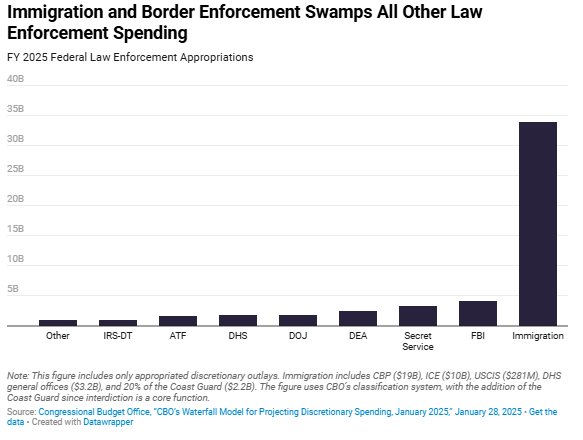
Alex Tabarrok critiques the federal government's prioritization of immigration enforcement over violent crime prevention, advocating for reallocating resources to solve more murders.

Paul Krugman discusses the alarming anti-science agenda of the Trump administration and its potential consequences for U.S. leadership and prosperity.

Bill McBride discusses the mid-June 2025 housing market, highlighting increasing inventory, flat sales, and pressures on home prices.

The post discusses the complexities of immigration in the U.S., addressing historical context, economic concerns, and evolving perceptions of legality surrounding undocumented immigrants.
An argument that socialism in Xiaogang Village, China, led to significant agricultural productivity and income growth, illustrating the adaptability of socialist principles to local conditions.

Active single-family housing inventory increased slightly week-over-week and significantly year-over-year, indicating a larger than normal rise in inventory for 2025 compared to previous years.

Jadrian Wooten discusses the impracticality of producing bananas in America, emphasizing the concept of comparative advantage and the inefficiencies of the "build in America" argument.

John Ruwitch discusses Apple's WWDC event, highlighting its emphasis on design innovations while downplaying advancements in artificial intelligence.

An argument that increased tariff collections may reduce federal debt but could simultaneously cause higher inflation and slower economic growth.
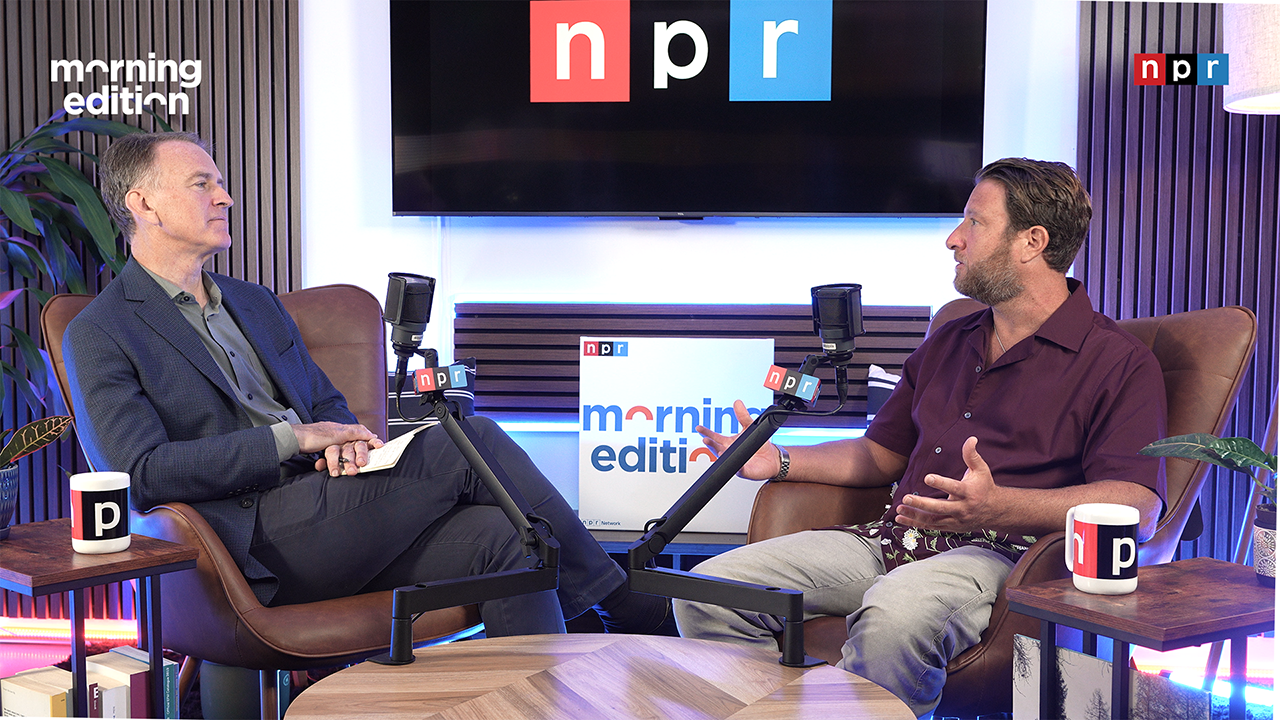
Steve Inskeep discusses Dave Portnoy's views on voting for Trump, his disagreements with him, and his openness to supporting Democrats.
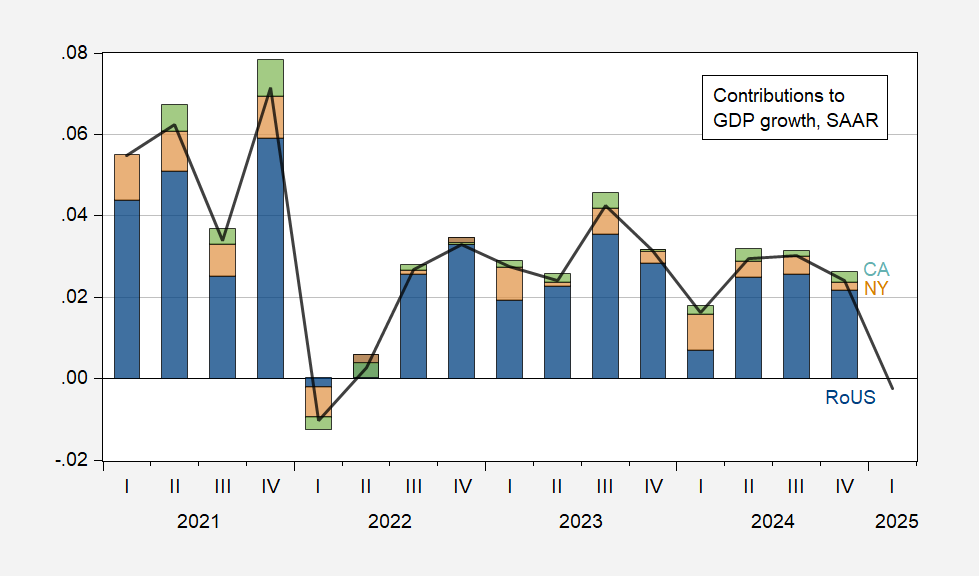
Menzie Chinn discusses the economic impact of ICE raids in blue states, particularly California and New York, highlighting GDP and employment growth projections.
David Henderson discusses various articles on legal accreditation, Supreme Court decisions, and their implications for democracy and education.
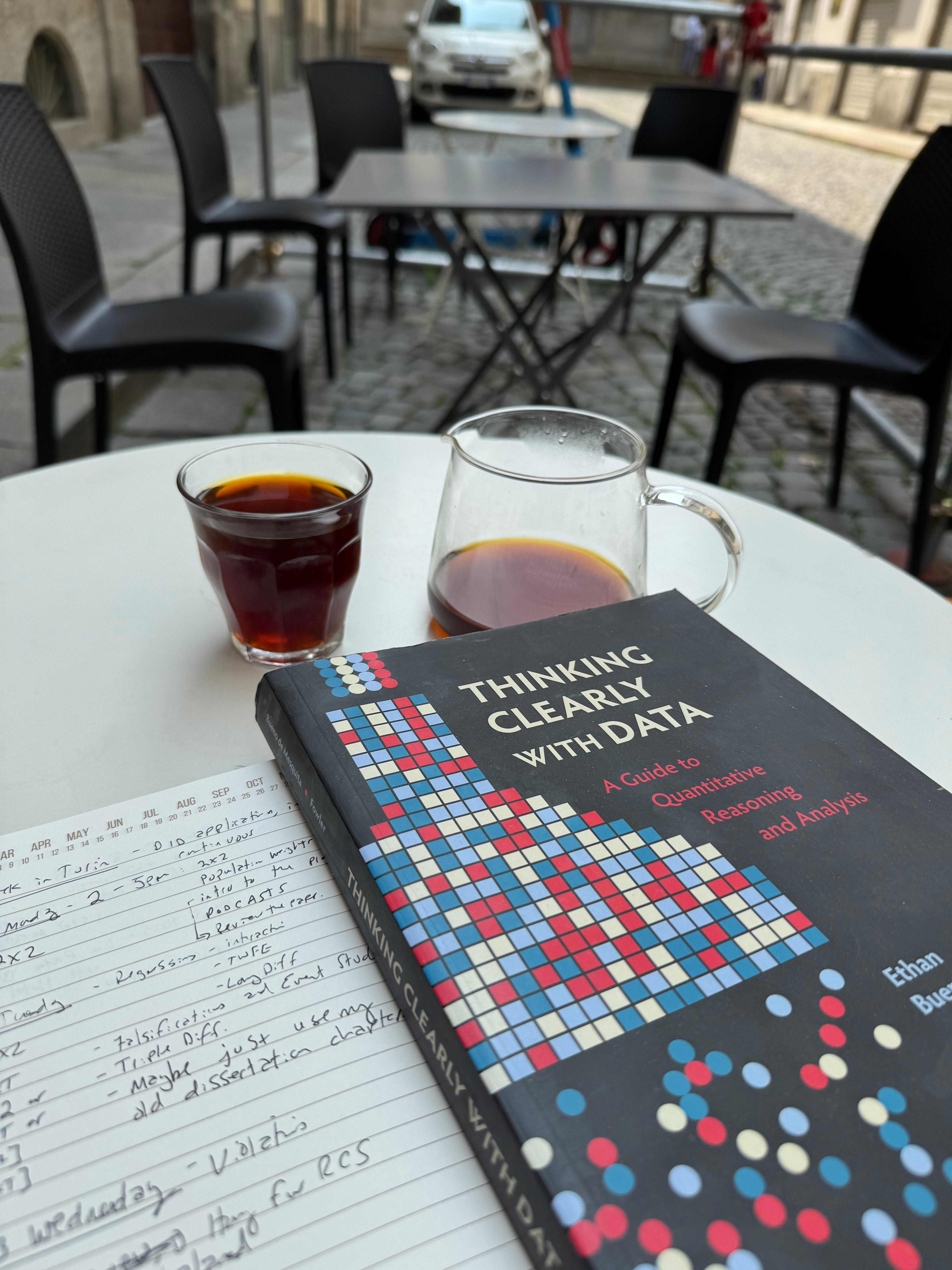
Scott Cunningham shares his experiences in Turin, including travel details, accommodations, and his enjoyment of a new TV show while preparing for a workshop.
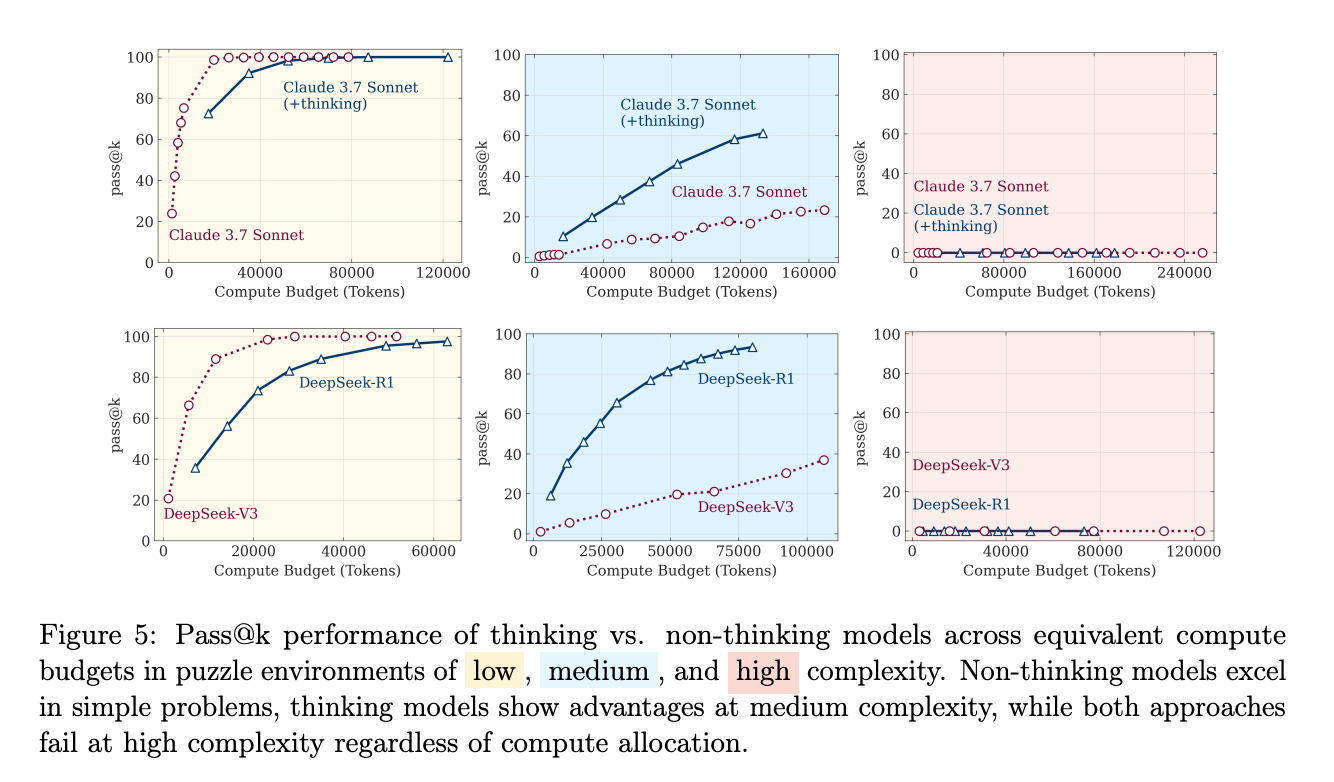
An argument that reasoning Generative AI models significantly enhance productivity in research, particularly in economics, while also presenting challenges in management and accuracy.
A discussion on lifting the ban on supersonic aircraft, highlighting its potential to enhance technological development and restore U.S. leadership in aviation innovation.

An argument that rising inequality in America since 1980 stems primarily from shifts in political and bargaining power against workers, rather than globalization or technology.

Bill McBride discusses the 4% increase in the Dodge Momentum Index for commercial real estate in May, highlighting trends in planning activity and economic uncertainty.